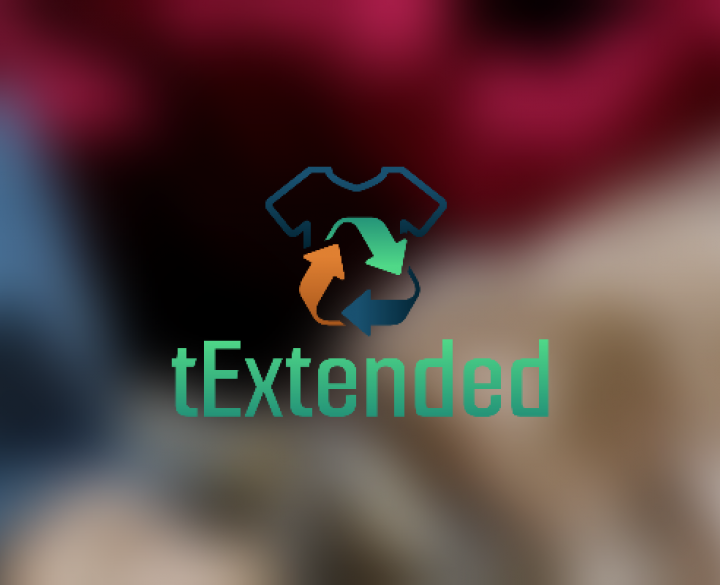Finding recycling solutions to textile waste is a pressing European and global challenge, as it is estimated that less than 1% of textiles are currently recycled. As, at the same time, the European Commission has identified textiles as a priority product for the circular economy, it is necessary to expand technologies and infrastructures that support such business model.
The tExtended project has a goal to reduce the amount of textile waste by 80%. They will do this by developing and demonstrating new ways to recover, recycle, and reuse textiles. They will also use digital tools and sensors to help make this process more sustainable. The project will create a master plan for a sustainable textile system, which will be based on a framework that makes sure textiles are used in the best way possible.
The project will also create a real-life example of how this system could work, to show that it is possible to reduce textile waste on a larger scale.
A group of experts from different types of organizations will work together on this project, including research, industry, and non-profit organizations. This project will help spread best practices for textile recycling around Europe and in the industry.
“We are effectively looking to create a master plan for a sustainable textile ecosystem. The tExtended project will optimise textile flows and retain the value of materials in a safe and sustainable way. Through our extensive pilot studies, we will verify the replicability of the tExtended solutions and their potential to reduce textile waste by 80 %”, says tExtended Project Coordinator, Dr. Pirjo Heikkilä from VTT Technical Research Centre of Finland.
Despite the several studies in recent years about textile flows, there is still a lack of infrastructure and of a systemic method of collecting information. This 4-year project funded by the European Commission’s Horizon Europe research and innovation programme will progress beyond these issues by creating a knowledge-based and digitally enabled ecosystem.
tExtended solutions will have an impact as well on the communities, with the creation of new job opportunities and the reduction of waste and CO2 emissions. Local community actors will be involved in the development of the project’s solutions; their participation assures the feasibility of the model and the continued flow of second-hand textile material.
The knowledge produced with tExtended on circular economy applied to the textile industry will generate new business and strengthen competitiveness and resilience through sustainability and digitalization, thus accelerating the green and digital transformation in the European textile industry.
The role of Centexbel
- Leading the work on circular textile ecosystems and supporting the review and redesign of value chains/circular flow
- Supporting the pretreatment of textile waste with a delamination/separation process for multi-layer materials (PolySep process)
- Supporting textile-to-textile recycling technologies: Thermo-mechanical recycling of recovered thermoplastics, melt spinning of recycled polymer fractions, and textile intermediates development
- Leading the replication potential study in central Europe
Consortium
Project Coordinator
- ICCS - Institute of Communication and Computer Systems (Greece)
Belgian project partners
- Centexbel
- Sioen Industries
New €15M EU project makes blueprint for reducing textile waste by 80%
- EU funded project introduces innovative approach to recycle textile waste by developing knowledge-based masterplan for optimized cycling of discarded textiles
- The tExtended project mixes recycling, waste-valorization and data technologies to maximise impact
- 20 organizations from 10 countries work together to create economically feasible and sustainable solutions to reduce waste in the textile field

This project has received funding from the European Union’s Horizon Europe research and innovation programme under Grant Agreement No.101091575.




